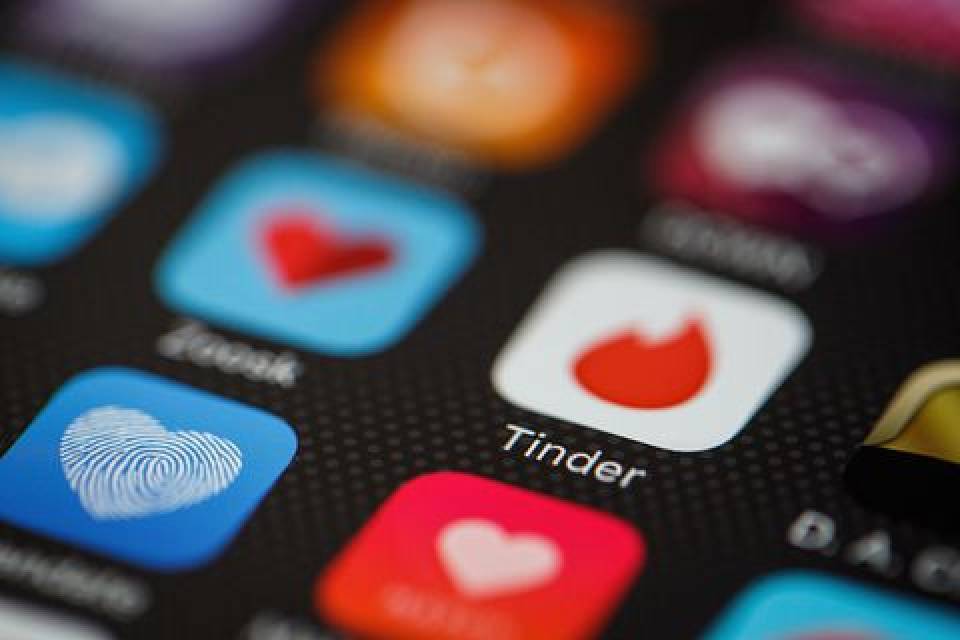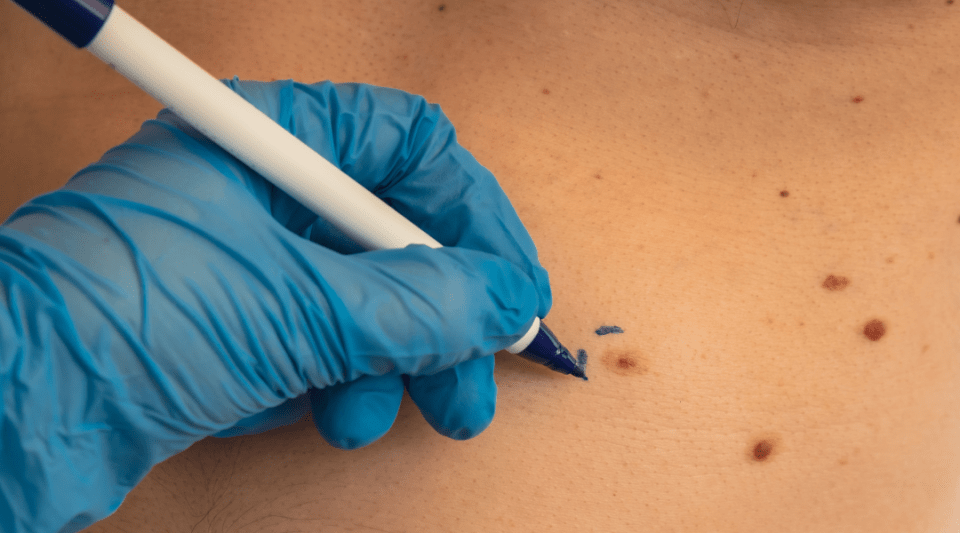Smart phone applications (apps) designed to help people find casual sexual partners have the potential to impact health and sexual behaviour.
In particular, the behaviour of men who have sex with other men when using these applications has been studied. It has been observed that these users have a significantly higher number of sexual partners and a higher rate of sexually transmitted infections (STIs) when compared to non-users. Their sexual encounters more frequently involve unprotected anal sex and seroadaptive practices (limiting sexual practices to those with the least risk when one partner has HIV, or if their serologic status is not definitely known).
Furthermore, another link that was observed in men who used these apps for more than a year was more frequent consumption of recreational drugs associated with sexual activity.
Beyond the use of apps, there are also various other risk factors related to drug consumption when engaging in sexual relations, for example being a man, engaging in bisexual or homosexual behaviour, and having had sexual relations for the first time under the age of 16.
To put a stop to this trend, healthcare actions that encourage safe sex and prevent drug consumption are necessary, especially those aimed at users of these applications. Campaigns or actions should tackle unprotected anal sex, stressing that it is necessary to use a condom, as well as promoting frequent HIV testing amongst people who seek partners for unprotected anal sex online.
The conclusions drawn so far suggest that the use of dating apps is an emerging risk factor for drug abuse and the transmission of STIs. Nevertheless, more studies are needed to fully understand the relationship between this technology and its potential risks to sexual health.
Author: Irene Fuertes, Hospital Clínic dermatologist




